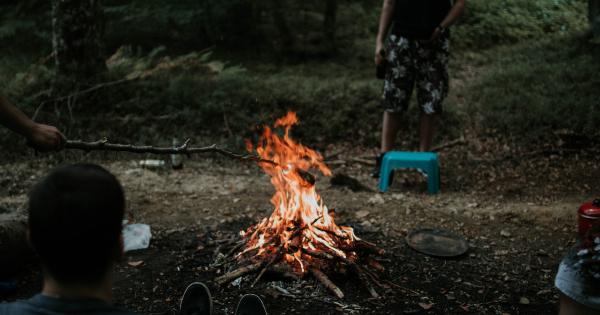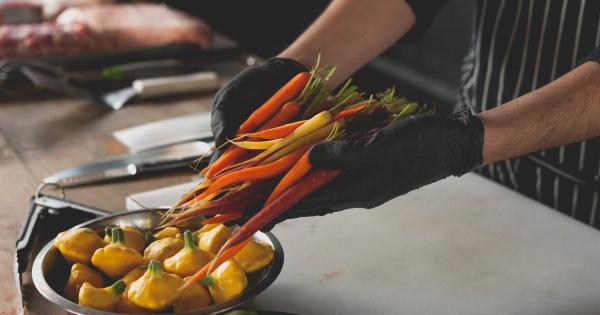If you are an olive lover, you probably have a jar or two of your favorite olives in your kitchen. Olives add flavor to a wide range of dishes, from appetizers to main courses, salads, and pizzas.
However, it is important to handle and store olives properly to ensure they are safe for consumption. In this article, we will provide you with a 5-step self-check strategy to help you stay safe with olives.
Step 1: Check the Jar
The first step to ensure your olives are safe for consumption is to check the jar. Check for any damage or signs of leaking.
If you find any cracks or chips in the jar, it is best to discard it as it may have been compromised and might have allowed bacteria to enter.
Step 2: Check the Brine
The second step is to check the brine, which is the liquid in which the olives are soaked. If the brine is cloudy or has an unusual odor, it is best to avoid consuming the olives as it might indicate contamination.
The brine should be clear, and its color can vary based on the type of olive and the brine used.
Step 3: Check the Expiration Date
Always check the expiration date printed on the jar, and make sure you consume the olives before the date expires. Eating expired olives can cause food poisoning, and might lead to symptoms such as diarrhea and vomiting.
Step 4: Check for Signs of Spoilage
Even if the jar, brine, and expiration date are all good, it is still important to check the olives themselves for any signs of spoilage. Check for any soft spots, discoloration, or mold. If you find any of these signs, discard the olives immediately.
Step 5: Store Olives Properly
Storing olives properly is crucial to ensure their safety and quality. Once you have opened the jar, store it in the refrigerator and consume the olives within a week. Keep the jar tightly closed when not in use to prevent contamination.
If you have purchased fresh olives that are not in a jar, keep them in a clean, airtight container, and store them in the fridge. Don’t store olives at room temperature since it can promote bacterial growth.
Conclusion
By following the 5-step self-check strategy, you can ensure the olives you consume are safe and of good quality. Always remember to check the jar, brine, expiration date, signs of spoilage, and store olives properly.
Enjoy your favorite olives with peace of mind!.



























